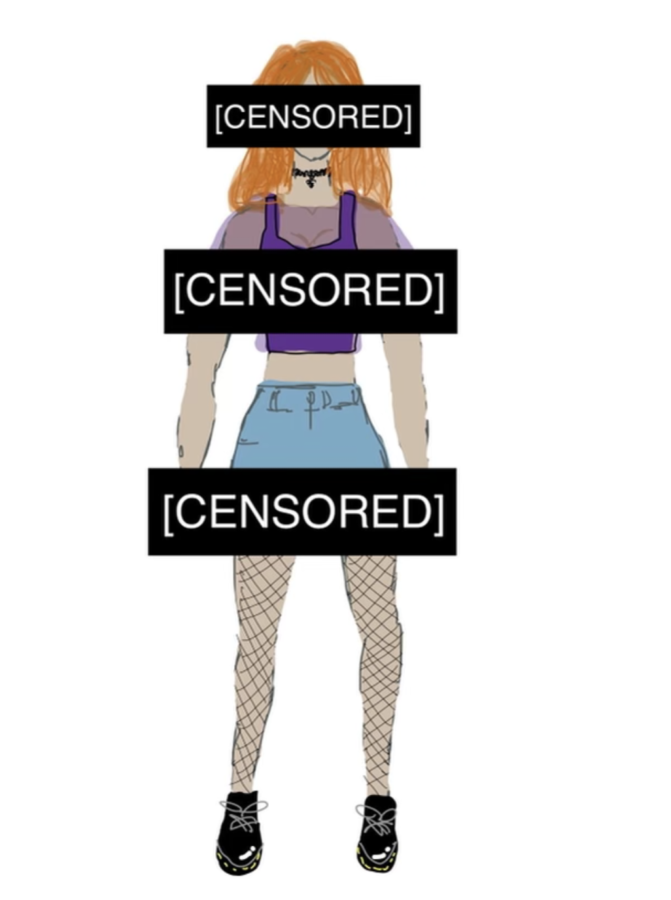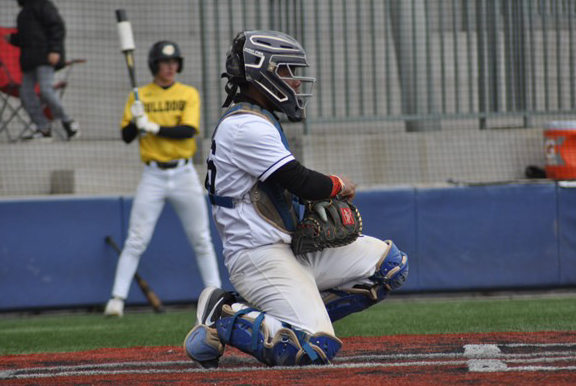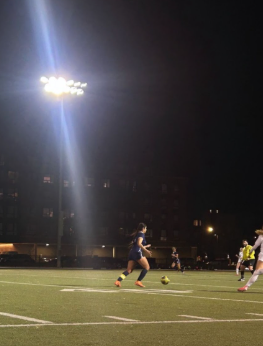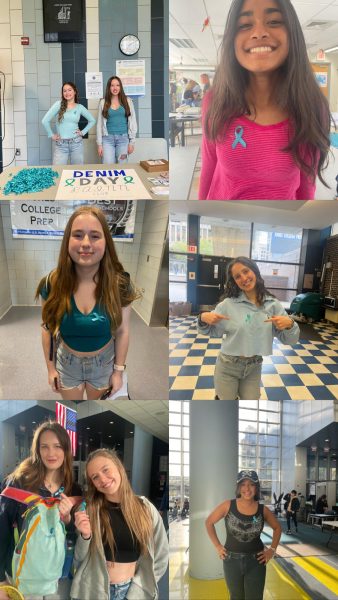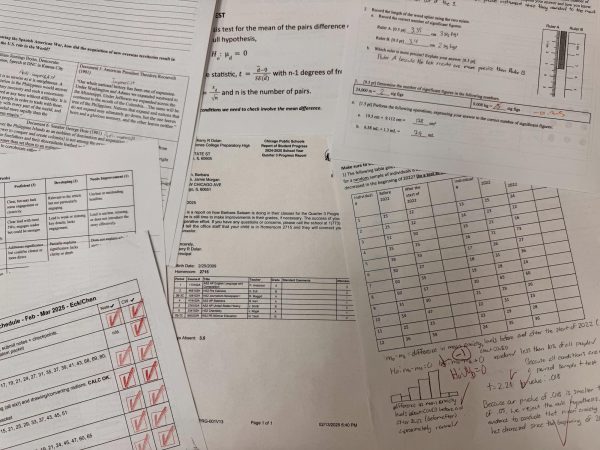It’s more than just clothes…
Why telling students to dress a certain way has dangerous effects
For some, the “first day of school outfit” is one of the most important outfits of the year. It takes planning, a FaceTime call with friends the night before, and even changing a hundred times. Maybe some don’t care, but for others, their outfit is a statement of who they are and how they’ve changed over the summer, over the last year and a half. It’s a revised definition of who they want to be this year, how they want to be perceived. And as students returned to school this fall, clad in their thoughtfully executed outfits, they were told that they were “expressing themselves a little too much.”
I had always thought of Jones as an environment of expression and acceptance, and I think I’m not alone in this being a reason why I love the school. Hearing those words over the loudspeaker at the end of the day tainted this perception I had of my school, of my community. But it didn’t stop there. Throughout the rest of the week, announcements were made that students should strive to dress more professionally and a failure to do so would result in students being forced to change or cover up.
These statements bring up a multitude of issues. Schools should be safe places for students to simply be who they are and be supported in doing so, and that includes dressing how they want in what makes them comfortable. Teaching students to go against their own feelings about something that pertains to their own bodies is dangerous. If someone chooses clothes for themselves that they feel self-assured and happy in, then what do you think it teaches them when they are told their judgement is wrong and they actually should feel inappropriate and flawed? It takes away confidence in one’s own instincts, and not just in clothes. It also raises the issue of being able to set boundaries for yourself in general, and in this case, in the face of positions of authority.
It’s also important to understand that the concept of appropriateness is extremely unequal when it comes to gender and body type. And with this new appointed “relative judgement”, how do we ensure that certain individuals, such as curvy women, are not more scrutinized than others? The answer to that question is easy, it’s impossible. Societal biases are present in every aspect of our lives and dress codes (or anything similar) only encourage them. Even more, when these students are called out for their personal expression, they are subject to humiliation and likely spend the rest of the day, if not longer, feeling embarrassed and questioning their decision.
Some might argue that without dress codes, students might distract others from school. I argue that arbitrary enforcement of, in the case of Jones, a “non-existing” dress code is more distracting. Moreover, students who are called out for “inappropriate dress” are in the most danger of distraction as you can imagine how hard it would be for these students to focus in class after such a personally degrading ordeal. I saw this firsthand during AcLab, as a friend who had complained earlier in the day about how much homework they had, could not finish a thing as they were too concerned that they would have to change because someone might think that their overalls were too revealing. That is just unacceptable. If this is an approach to foster learning and growth, I don’t see it. If anything, it only hurts it.
These are formative years, and a high school’s job is to prepare students for the real world and give them the tools for living successful and meaningful lives. How is that possible if students can’t learn to trust in themselves or understand their self worth? Those are the questions we should be asking, rather than asking “what should I wear so that I don’t get singled out?” Respect should not be earned through the modesty of one’s clothes, but by the quality of one’s character, a reminder our school is in critical need of.

This is Norah’s third year on the Blueprint and has been enjoying her new role as Co-editor in chief! She loves leading the Broacast/Podcast Section...

